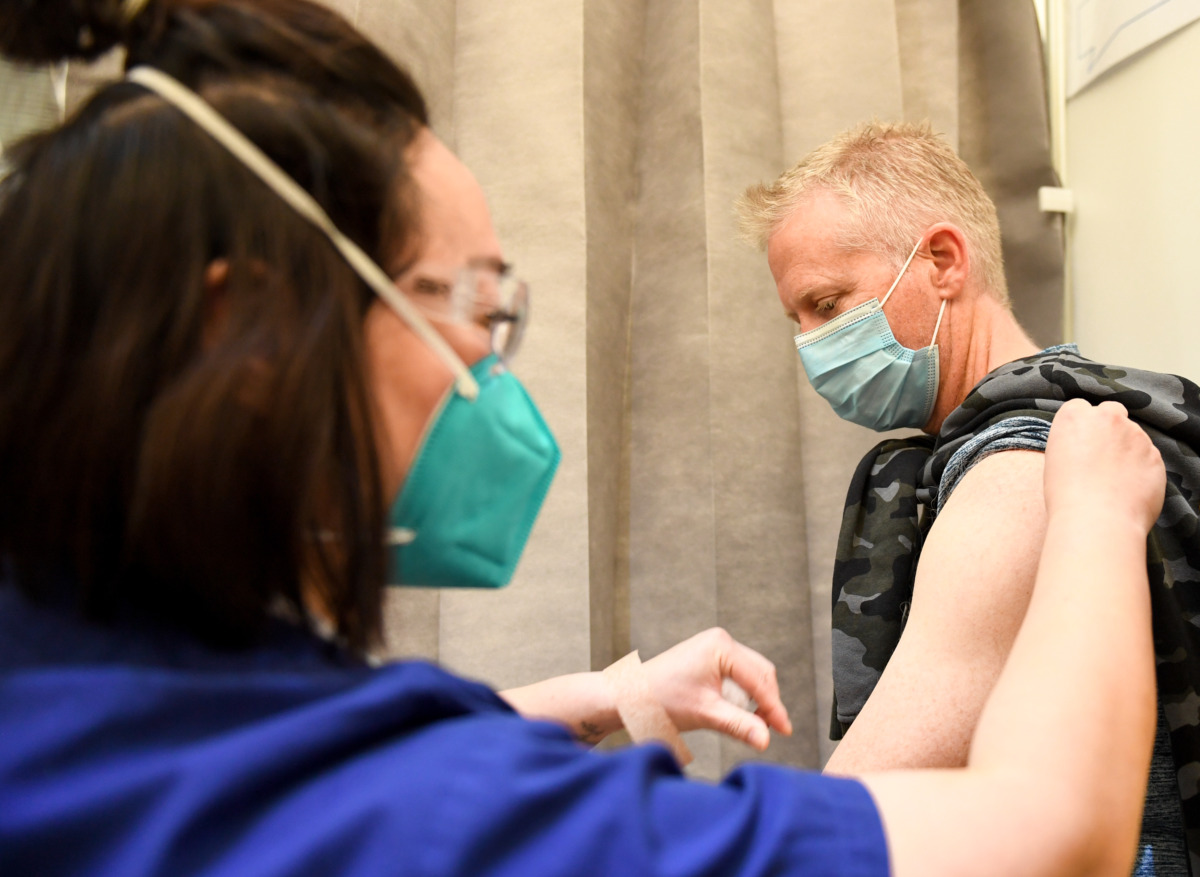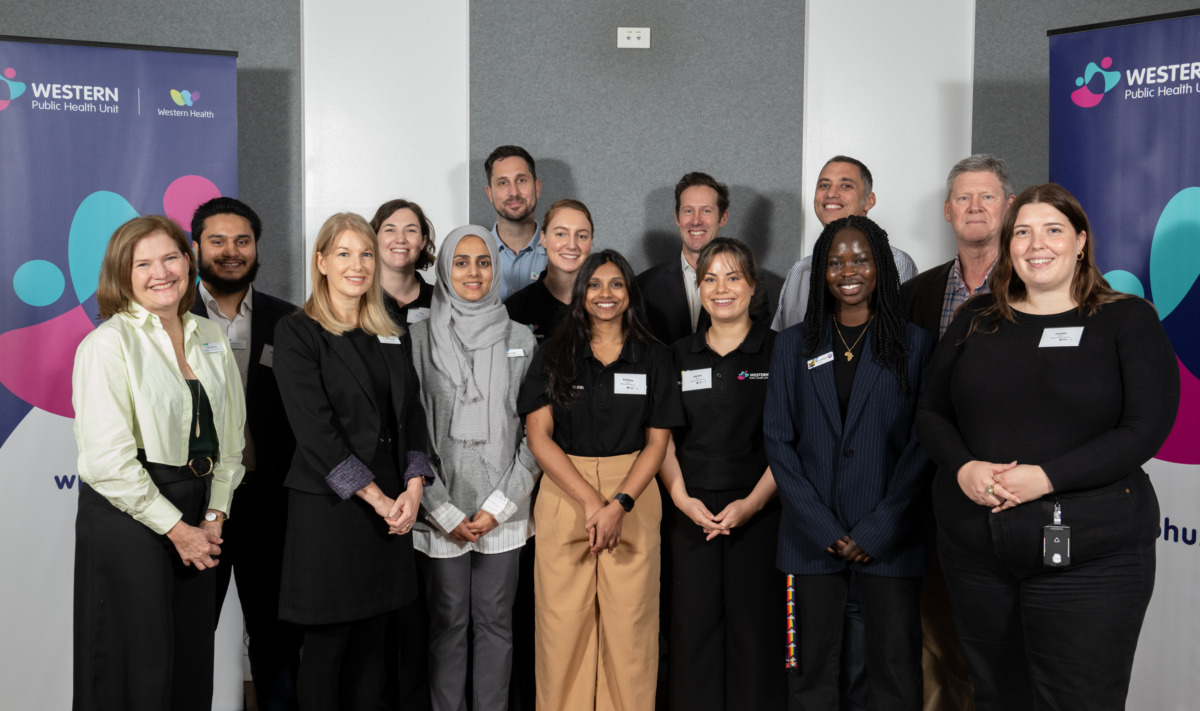
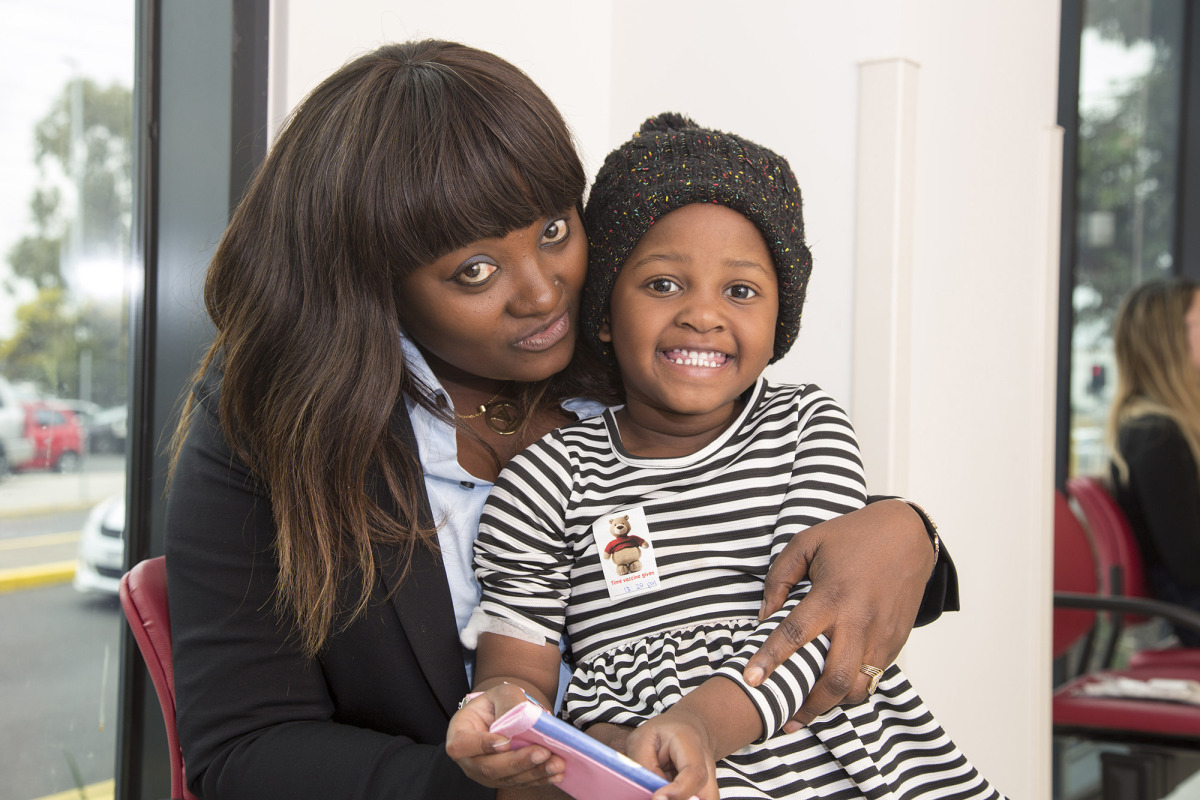
COVID-19
What to do if your child contracts COVID-19
The best way to protect your child from getting sick from COVID-19 is to book them in for their COVID-19 vaccination as soon as they are eligible. Children aged 5-11 years are now eligible for the COVID-19 vaccine. More information regarding vaccination for children is available here.
With high levels of COVID-19 in the community, there is an increased risk that children could come into contact with COVID-19. Most children who get COVID-19 will develop a mild infection, similar to that of a common cold, or the flu. Symptoms usually last between two and seven days.
Children with chronic heart, lung, or neurological problems may be at a higher risk of becoming more unwell. However, for the majority of children the infection is usually mild, and the risk of hospitalisation is low.
- If your child has symptoms, get tested and wait at home until you receive the test result.
- If the symptoms worsen or if you are concerned, contact your GP or seek medical care.
- If your child is very unwell, you can call an ambulance or take them to the hospital at any time.
COVID-19 Treatment
Currently there are no specific treatments for COVID-19 for use in mild cases or at home. If your child contracts COVID-19 and is uncomfortable, you may treat them similarly to how you would with a cold or flu. Including:
- Encouraging fluids and rest.
- Infants may need to feed smaller amounts, more frequently.
- Paracetamol and/or Nurofen.
- Saline drops for a blocked nose.
Care at home
It is common for COVID-19 to spread within a household. Good personal hygiene and physical distancing can help to protect your child from COVID-19 and reduce the spread of the virus. Hand washing is a key part of good personal hygiene.
When your child blows their nose, they should:
- Use disposable tissues.
- Put used tissues in a bin straight away.
- Wash their hands with soap or alcohol hand sanitiser immediately after blowing.
When your child sneezes or coughs they should:
- Avoid sneezing or coughing into their hands.
- Using disposable tissues, or cover their mouth with a sleeve or elbow.
- Wash their hands after sneezing or coughing.
Signs that your child needs urgent medical attention are:
- Difficulty breathing, with fast breathing or long pauses between breaths.
- They are very sleepy, struggling to wake or are confused.
- Signs of dehydration.
- Persistent chest or abdominal pain.
- Persistent dizziness or headache.
- Fever lasting more than five days. Or a fever in a baby under three months of age.
If your child has these symptoms, you should immediately seek medical attention.
It’s important to get your information about COVID-19 from reliable sources like government websites, including the Western Public Health Unit website. Reliable information about COVID-19 infections in children can also be found on The Royal Children’s Hospital website.
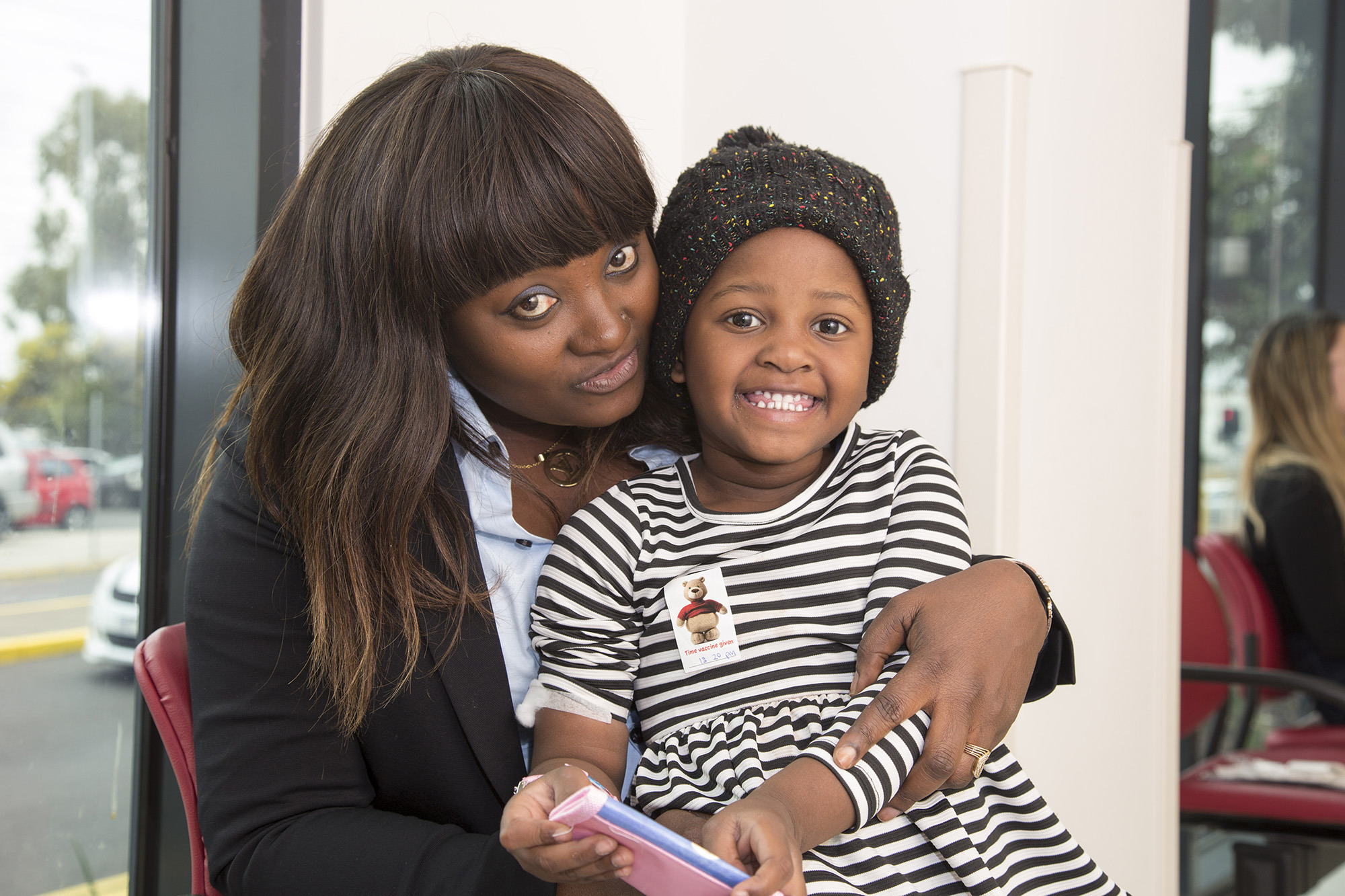
For more information, you can contact the Coronavirus Hotline on 1800 675 398 or HealthDirect on 1800 022 222.


